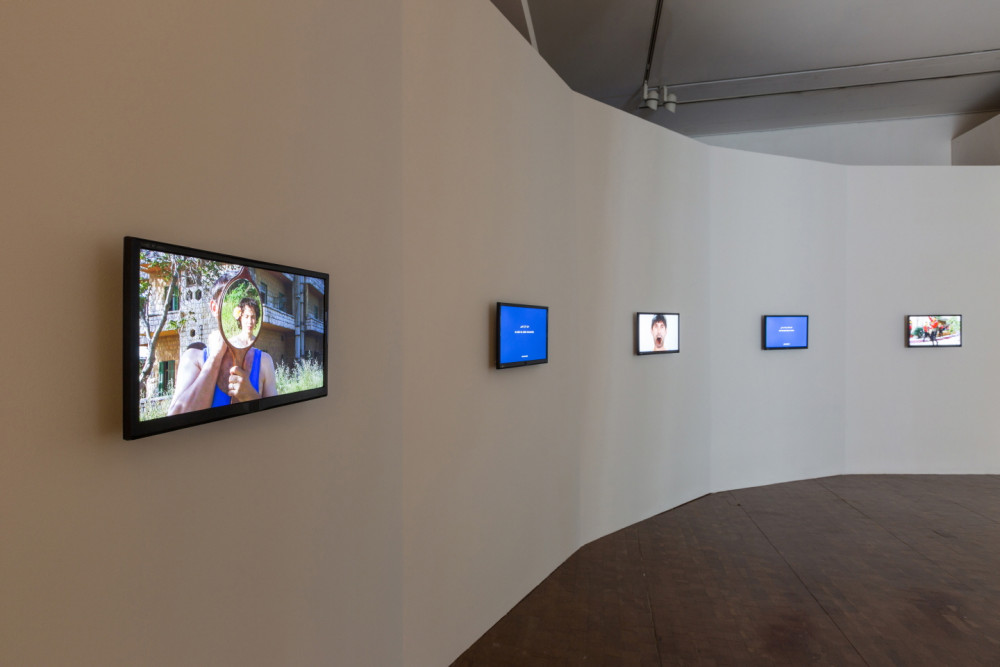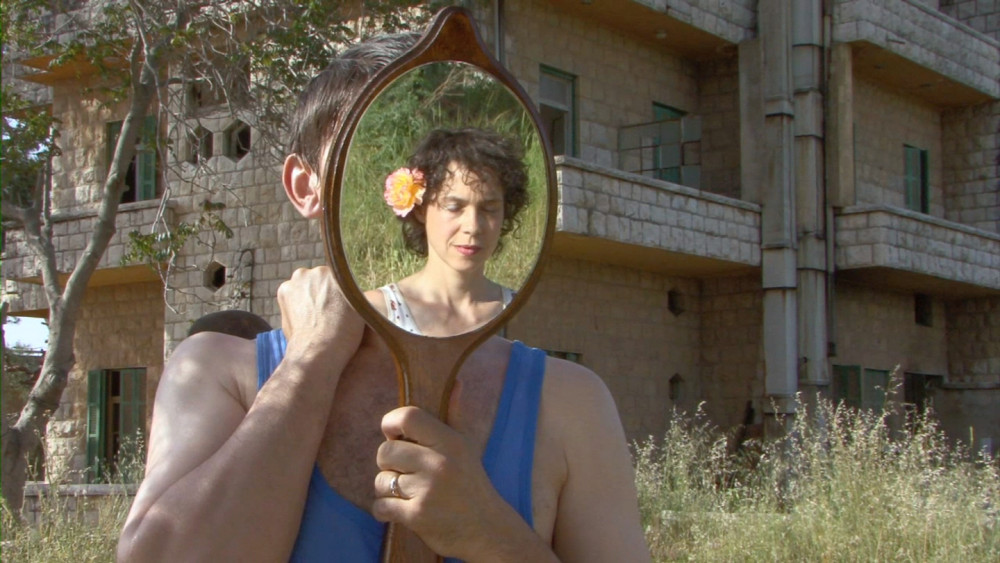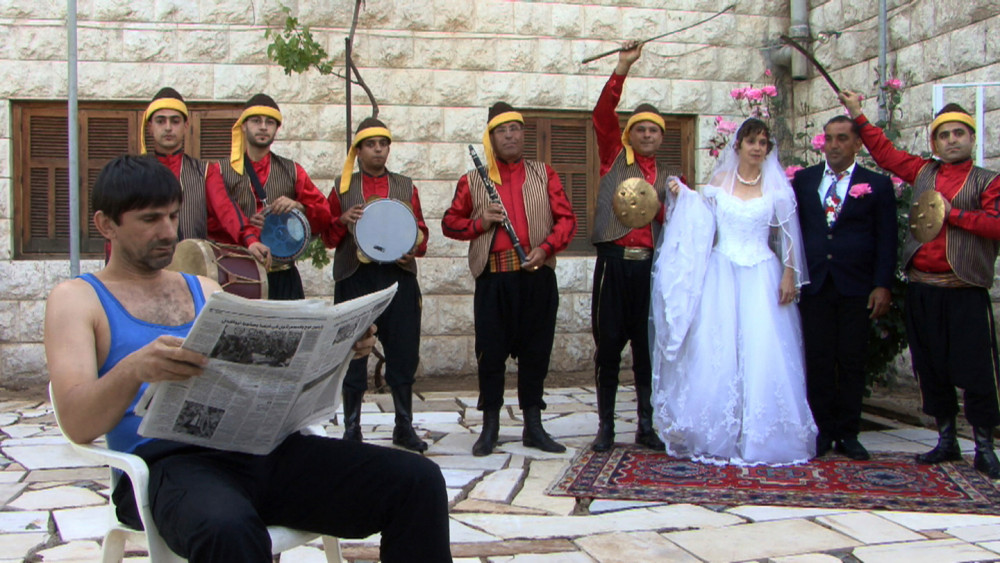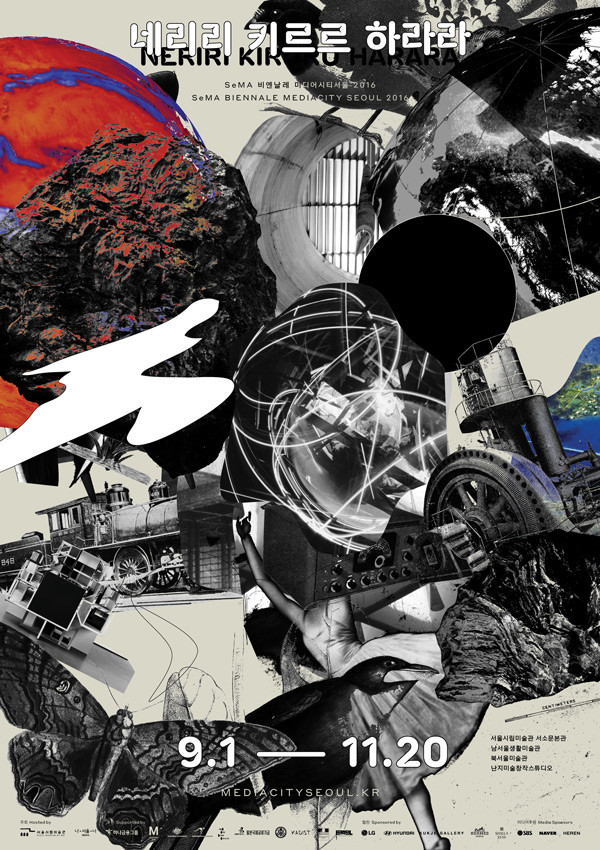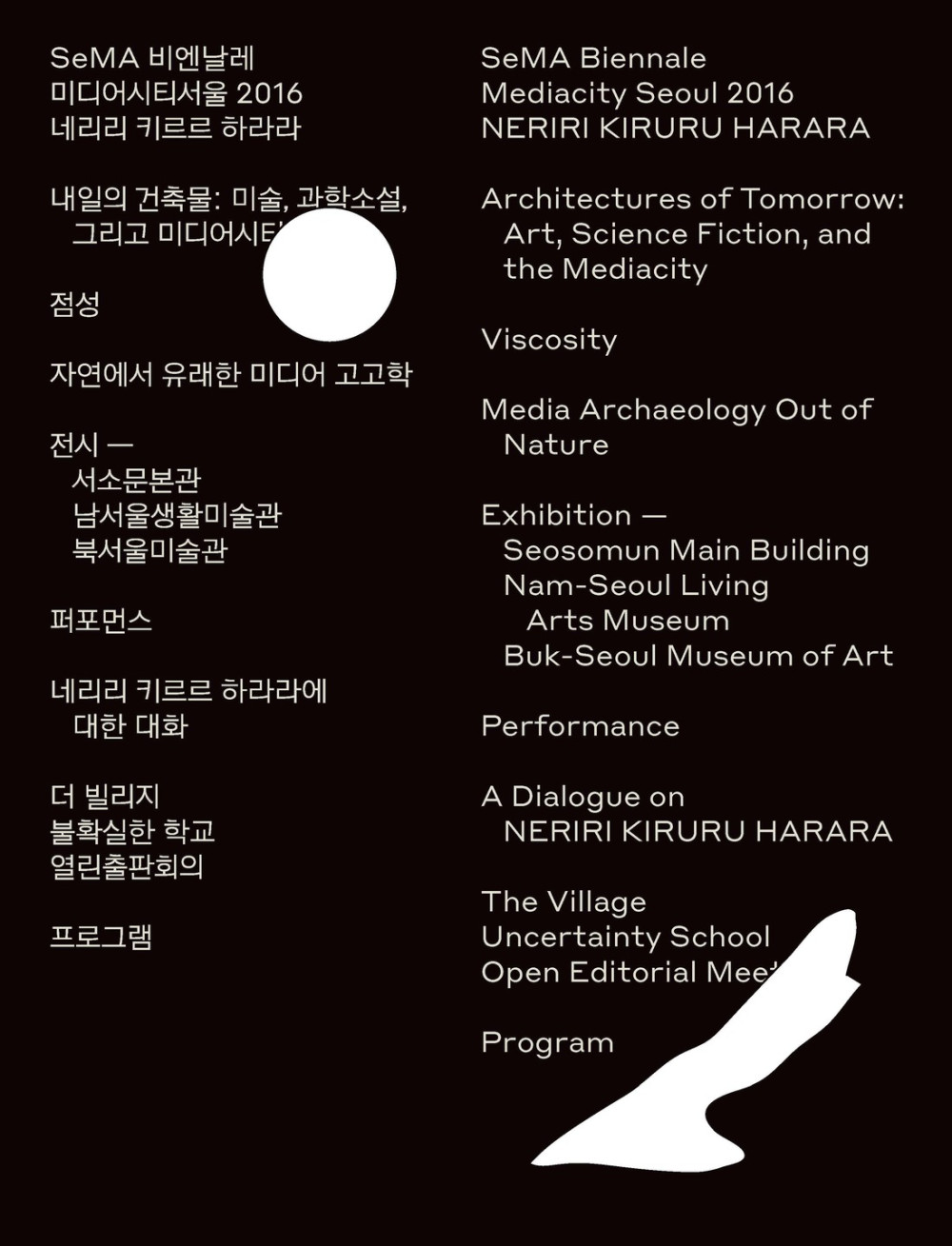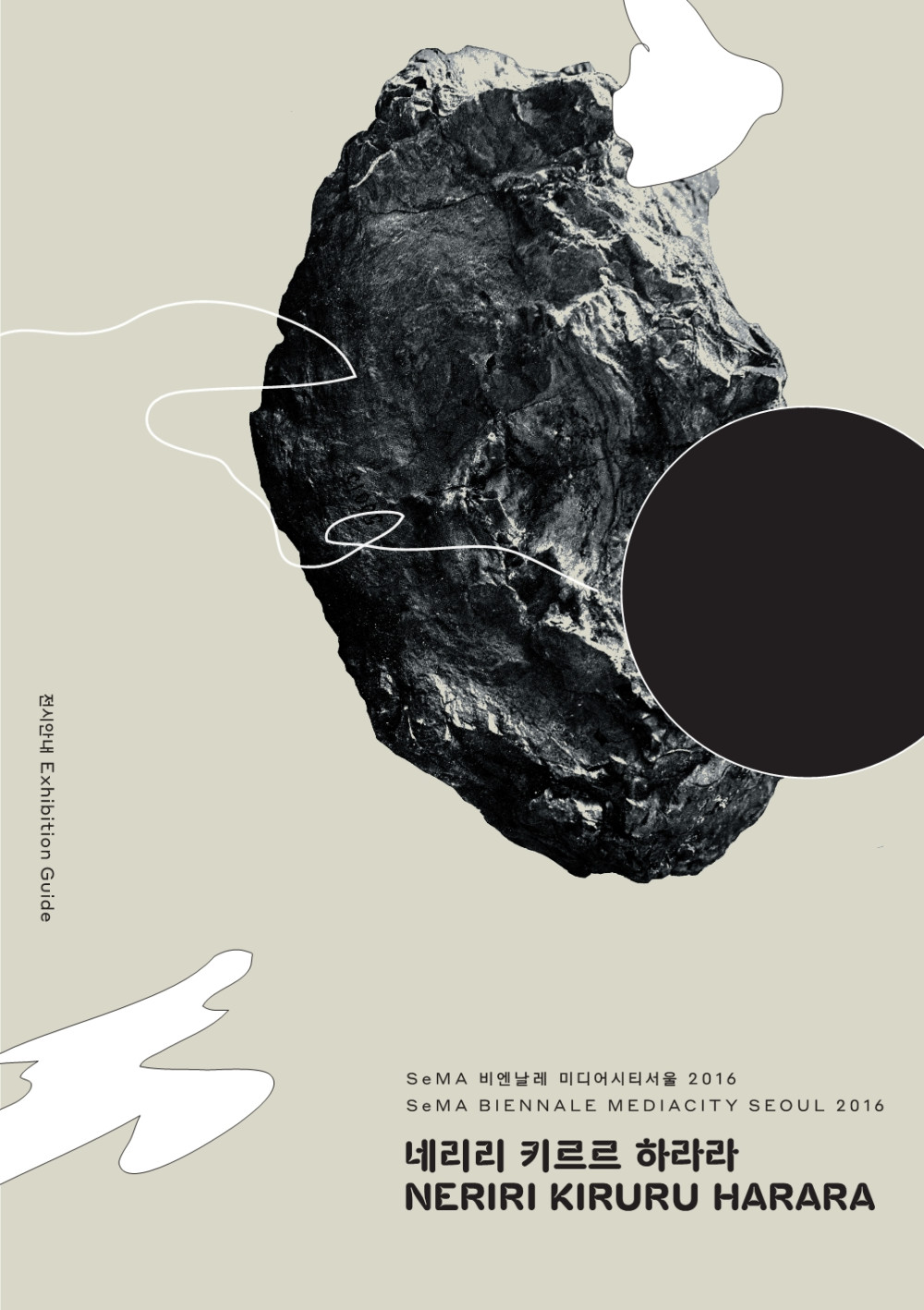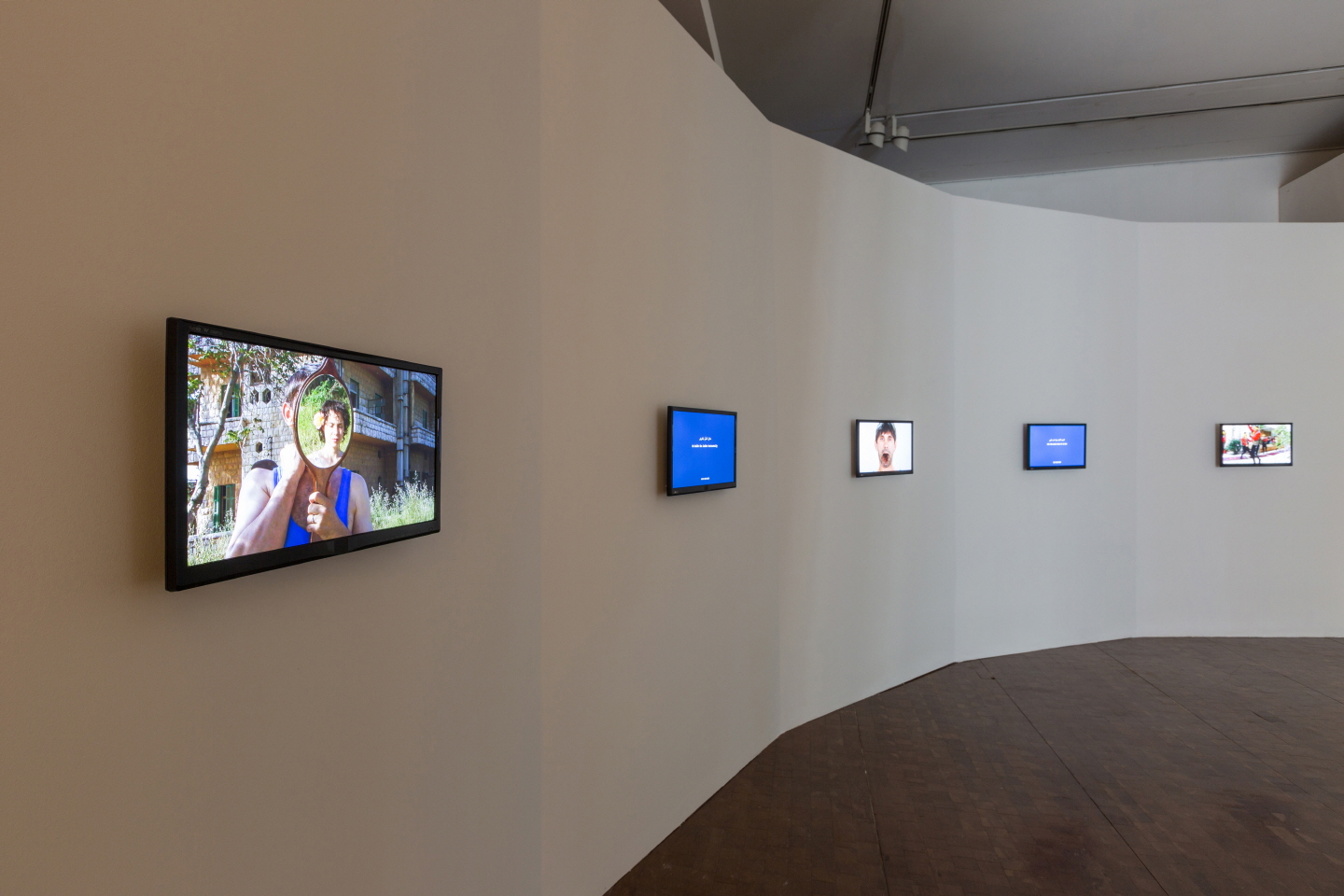
The Mute Tongue is a video installation that illustrates 19 vignettes of Arabic proverbs used in daily life. A Croatian performer who cannot speak Arabic addresses one proverb per minute, explaining its meaning or a related situation. Since the subtitles appear only after the acting is over, the audience cannot exactly imagine what the proverb means during the performance. Al Solh reveals that people simply use those proverbs without knowing their origins. He also places particular emphasis on the fact that some contain violent, racist, or misogynic connotations.
“In this work, I staged in silent vignettes Arabic proverbs and sayings I use in my daily life, even if I might disapprove with their meaning, and I invited Croatian performer and artist Siniša Labrović who does not speak Arabic to be the protagonist of them all. But the proverb’s protagonist might not have a face: it can be anyone and no one at the same time, not to be recognized and consequently not to be alive when ‘being in the proverb,’ or when ‘being in language.’ Looking at things in this perspective, how do we perform a language we use daily and we do not control, and how does it affect on our imaginary implosion of our thinking?” (Mounira Al Solh)
